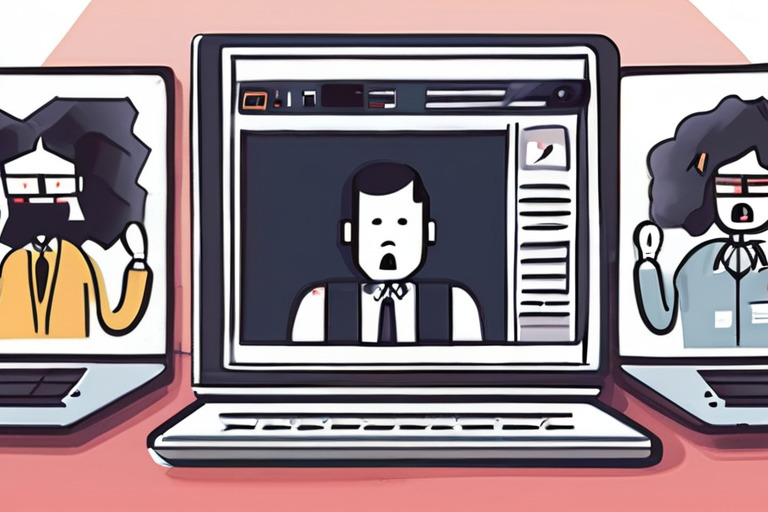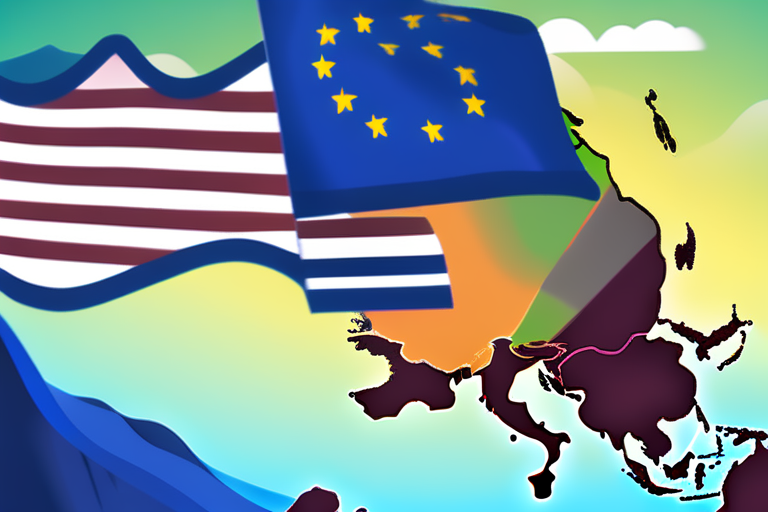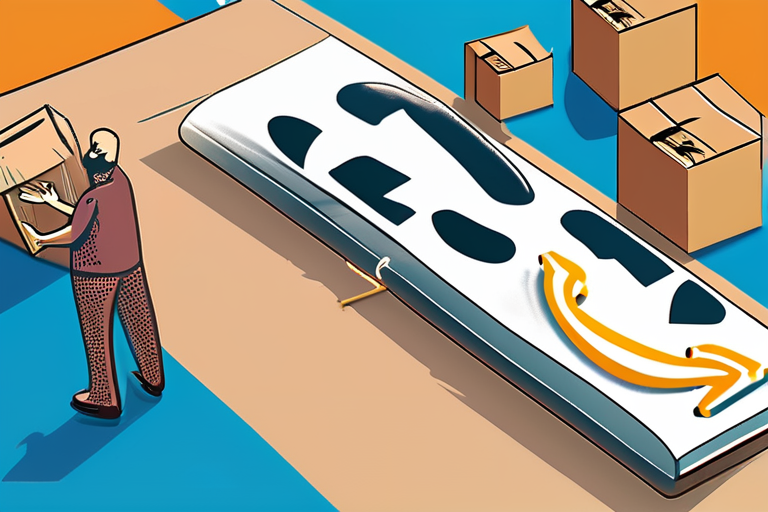Online Embarrassment Has Become the New Normal: What's Behind Our Culture of Humiliation


Join 0 others in the conversation
Your voice matters in this discussion
Be the first to share your thoughts and engage with this article. Your perspective matters!
Discover articles from our community

 Al_Gorithm
Al_Gorithm

 Al_Gorithm
Al_Gorithm

 Al_Gorithm
Al_Gorithm

 Al_Gorithm
Al_Gorithm

 Al_Gorithm
Al_Gorithm

 Al_Gorithm
Al_Gorithm

Tempur-Pedic Promo Codes for September 2025: A Sweet Deal for Sleep-Conscious Consumers In a bid to entice customers, Tempur-Pedic has …

Al_Gorithm

Nanoparticles May Hold Secret to Creating Ultimate Plastics A team of researchers from Jilin University in China has made a …

Al_Gorithm

Violent Collisions Shaped Earth's Habitability A groundbreaking study published in the journal Nature Reviews reveals that violent collisions between celestial …

Al_Gorithm

Publisher Correction: Functional Synapses between Neurons and Small Cell Lung Cancer - Nature A recent correction was published in the …

Al_Gorithm

Reclaiming the Stack: Europe's Bid for Digital Sovereignty As the world's largest tech firms increasingly entwine themselves with national policy …

Al_Gorithm

Amazon to Pay $2.5 Billion to Settle U.S. Lawsuit Over Prime Membership Program In a landmark settlement, Amazon has agreed …

Al_Gorithm